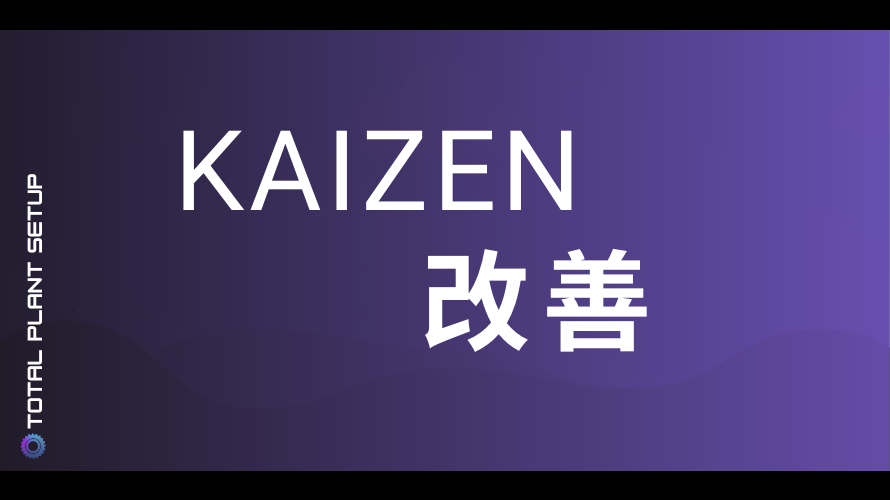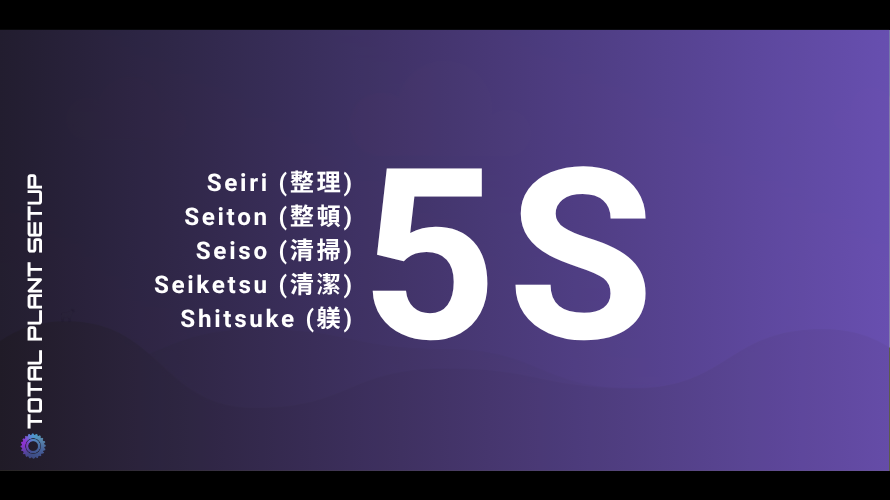Introduction
What’s behind the products we use every day? Who makes them, and under what conditions? The answers often reveal the need for stronger ECG (Ethics, Compliance, and Governance) frameworks. Today’s global economy demands more than just efficiency—it demands social compliance, regulatory adherence, and quality assurance.Through international standards, human rights audits, and regulatory compliance, businesses are reshaping their CSR strategies to foster ethical business practices and build a sustainable supply chain.
5 Most Important Social Compliance & Global Audit Frameworks:
These systems not only combat modern slavery but also create transparency and accountability from factory floor to boardroom. In this blog, we explore the five most important social compliance and global audit frameworks that help build ethical supply chains through ECG (Ethics, Compliance, and Governance) and CSR strategies.
BSCI: Business Social Compliance Initiative
Developed in 2003 by the Foreign Trade Association, BSCI advocates for open and sustainable trade. Its objective is to improve human prosperity, ensure responsible resource use, and support global trade fairness. Based on a standardized Code of Conduct (COC), BSCI enables companies to conduct social audits and monitor performance across 13 key areas of ethical and regulatory compliance. It plays a vital role in strengthening social compliance systems across international operations.
SMETA: Sedex Members Ethical Trade Audit
SMETA is an audit methodology established by Sedex (Supplier Ethical Data Exchange), not a formal standard like SA8000. It is designed to promote ethical business practices throughout global supply chains. Sedex, the organization behind SMETA, enables companies to conduct responsible sourcing audits that assess labor rights, health and safety, and environmental compliance. These audits form the foundation of many corporate social compliance programs.
REACH Regulation (EC 1907/2006)
REACH is a European Union regulation focused on protecting human health and the environment from risks related to chemicals. Managed by ECHA, REACH stands for Registration, Evaluation, Authorisation, and Restriction of Chemicals. It requires companies to register and control substances in the EU, promoting regulatory transparency, compliance accountability, and social responsibility in chemical supply chains.
SA8000: Social Accountability Standard
SA8000, developed in 1989 by Social Accountability International (SAI), is a leading global standard for ethical workplaces. It focuses on fair treatment of workers, including protections against forced labor, discrimination, and unsafe conditions. Aligned with international agreements, SA8000 enables companies to demonstrate their commitment to human rights and workplace compliance through third-party audits. It supports businesses in performing regular human rights audits to maintain global standards.
ISO 26000: Guidance on Social Responsibility
ISO 26000 is an international standard providing guidance—not requirements—on socially responsible behavior. It covers areas such as human rights, ethical governance, stakeholder engagement, and environmental impact. Though non-certifiable, ISO 26000 helps organizations integrate social compliance and ethical practices into strategy, aligning with global sustainability and governance expectations. It also encourages companies to embed ethical business practices into their culture.
Conclusion:
International frameworks like the UK’s Modern Slavery Act, Germany’s Corporate Due Diligence Act, California’s TISCA, UN Business and Human Rights Principles, ILO Conventions, UDHR, and CRC promote ethical practices and human rights protection. Social, ethical, and environmental audits such as SMETA, BSCI, and SA8000 help ensure regulatory compliance with local laws and meet customer expectations. These frameworks are essential tools for companies striving to uphold ethical business practices throughout their global supply chains, ensuring transparency and accountability.
They also support companies in conducting human rights audits that assess labor practices, working conditions, and fair treatment of workers. By aligning with these standards, businesses contribute to building a more sustainable supply chain that respects people, planet, and profit.










